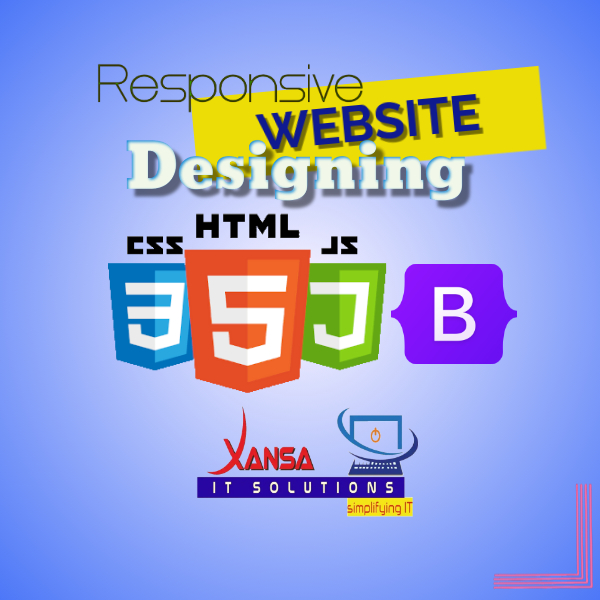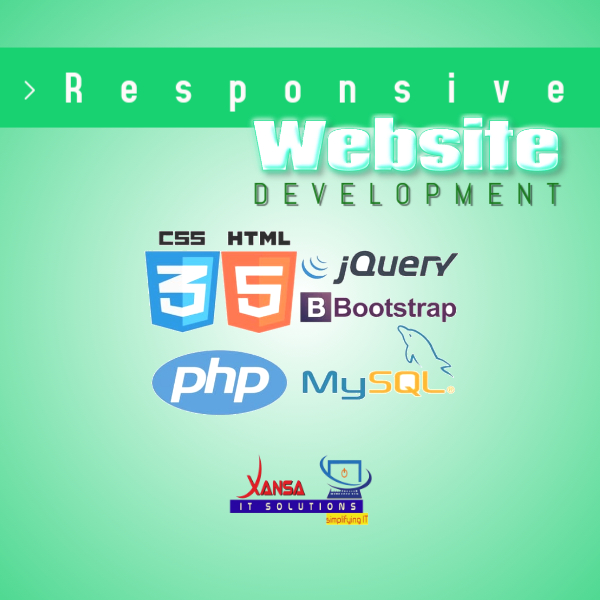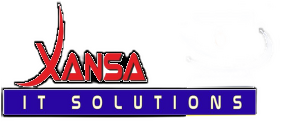Website Technologies
In today’s digital era, websites are the backbone of online presence for businesses, individuals, and organizations. From simple static pages to complex web applications, websites require various technologies to design, develop, and maintain them.
Website technologies encompass frontend development (user interface), backend development (server-side logic), and databases (data storage). Learning these technologies equips you to create responsive, dynamic, and scalable websites and applications that cater to modern-day demands.
Below is a detailed curriculum for six specialized courses in website design and development.
Web
Development
Download Catalog
Course Name: Spring Boot Development
- Duration: 120 Hours each
- Who Should Do This: Java developers who want to build robust and scalable enterprise applications.
Professionals preparing for backend development roles. - Prerequisites: Basic knowledge of Java programming..
- Career Options After Learning: Backend Developer, Java Spring Developer, Enterprise Application Developer.
- Road Map:
- Introduction to Spring Boot: Features and setup.
- Dependency injection, annotations, and Spring MVC basics.
- Working with Spring Data JPA and Hibernate.
- Rest APIs with Spring Boot.
- Security: Authentication, authorization, and JWT.
- Integration with databases (MySQL/PostgreSQL).
- Microservices architecture and deployment.
- Final Project: Building a RESTful API for a web app.
Course Name: Build Dynamic Websites using ASP.NET
- Duration: 90 Hours
- Who Should Do This: Developers seeking to build web applications on Microsoft technologies.
Professionals interested in enterprise-level application development. - Prerequisites: Basic programming knowledge (C# or any language).
- Career Options After Learning: .NET Developer, Web Developer, Software Engineer.
- Road Map:
- Introduction to .NET Framework and ASP.NET Core.
- MVC architecture, Razor Pages, and controllers.
- Entity Framework and LINQ.
- Authentication and role-based authorization.
- Building RESTful APIs with ASP.NET Core.
- Deployment and hosting in Azure or IIS.
- Advanced topics: SignalR, real-time communication.
- Final Project: Enterprise-level web application (e.g., CRM).
Course Name: Flask Development
- Duration: 90 Hours
- Who Should Do This: Python developers who want to build lightweight web applications.
Professionals exploring microservices or REST API development. - Prerequisites: Basic Python programming knowledge.
- Career Options After Learning: Flask Developer, Python Web Developer, API Developer.
- Road Map:
- Introduction to Flask: Setup and routing.
- Templates, Jinja2, and HTML integration.
- Working with databases using SQLAlchemy.
- REST API creation and integration.
- Authentication and deployment on platforms like Heroku.
- Final Project: Build a RESTful web application.
Course Name: Responsive Website Designing
- Duration: 90 Hours
- Who Should Do This: Beginners interested in learning how to build visually appealing and mobile-friendly websites. Graphic designers or aspiring frontend developers.
- Prerequisites: Basic computer knowledge. No prior coding experience is required.
- Career Options After Learning: Frontend Developer, UI/UX Designer, Web Designer.
- Road Map:
- Introduction to HTML5: Semantic tags, forms, multimedia, and tables.
- Introduction to CSS3: Selectors, properties, transitions, and animations.
- JavaScript basics: Variables, DOM manipulation, and events.
- Responsive design principles and media queries.
- Bootstrap framework: Grid system, components, and utilities.
- Building a fully responsive portfolio website as a project.
Course Name: Full Website Development
- Duration: 180 Hours
- Who Should Do This: Aspiring web developers who want to build both the frontend and backend of websites.
Students planning to work with dynamic, database-driven websites. - Prerequisites: Basic computer knowledge.
No prior backend knowledge is required. - Career Options After Learning: Full Stack Web Developer, PHP Developer, Web Application Developer.
- Road Map:
- Responsive website designing (HTML/CSS/JavaScript/Bootstrap).
- JavaScript advanced topics: Functions, arrays, and validations.
- Introduction to PHP: Syntax, control statements, and functions.
- Working with MySQL: Queries, CRUD operations, and database design.
- Integrating PHP and MySQL with frontend technologies.
- Introduction to jquery: Syntax, control statements, and functions.
- Final Project: Build a dynamic blog or e-commerce website.





